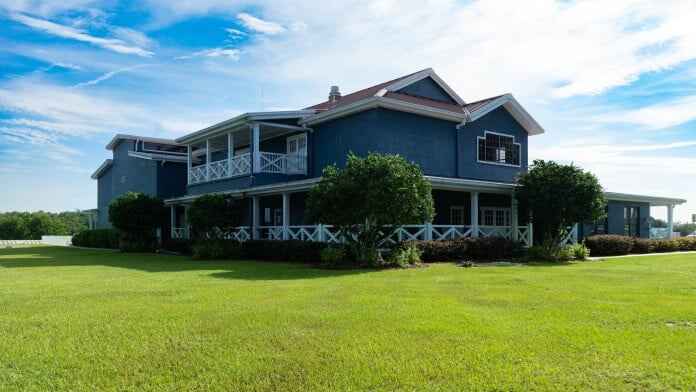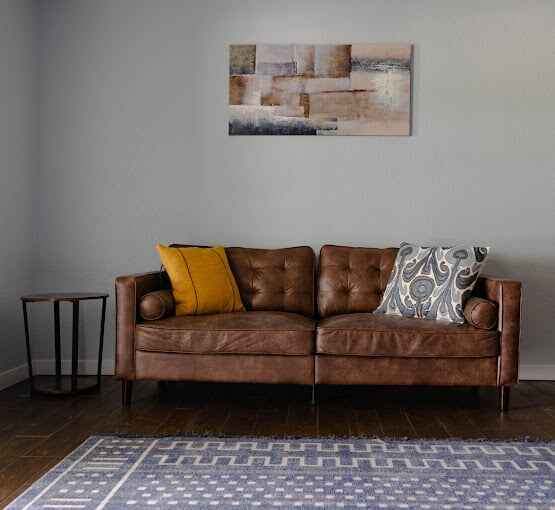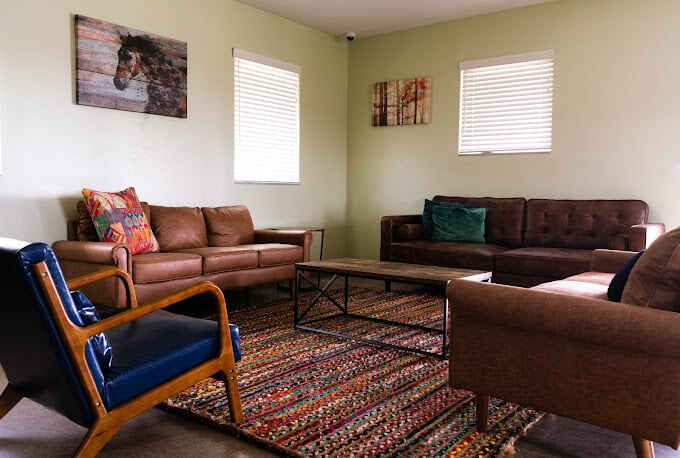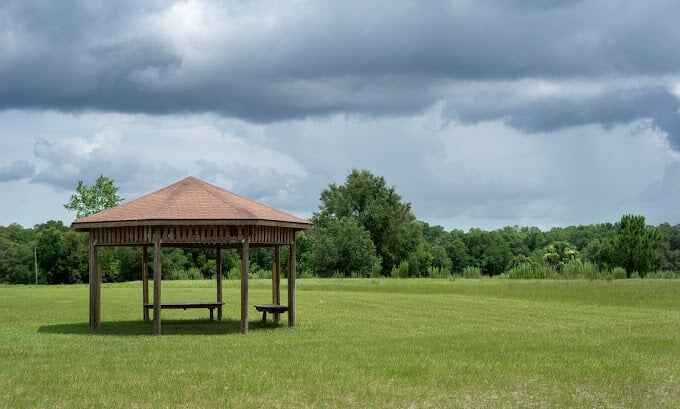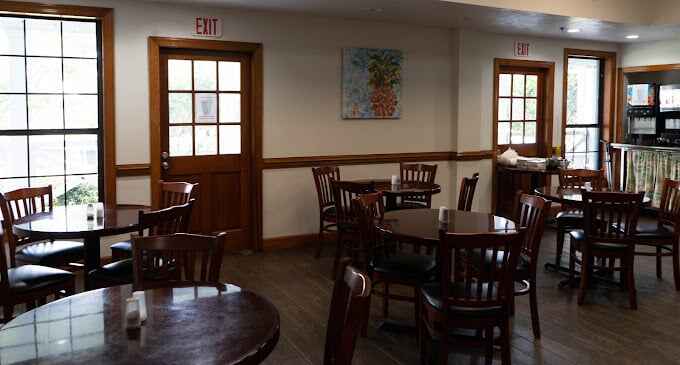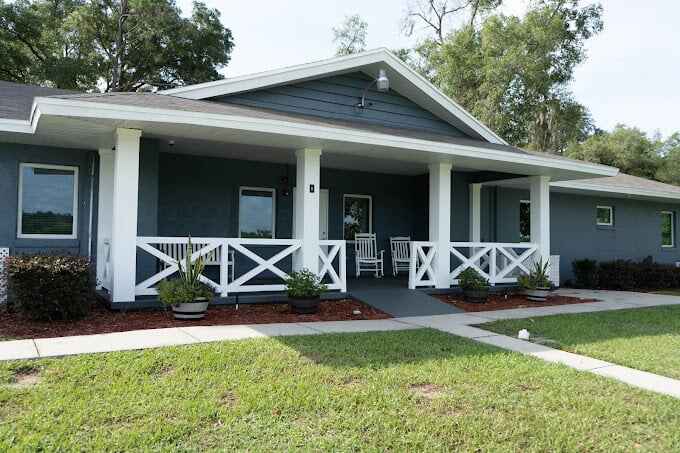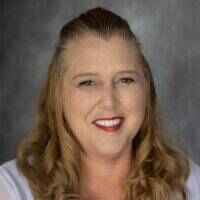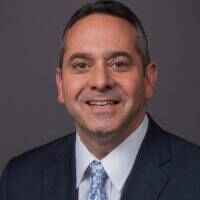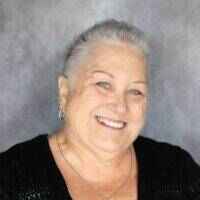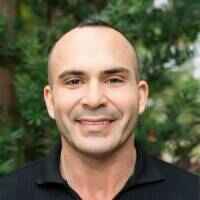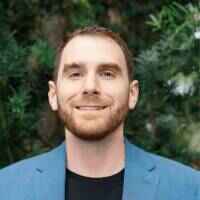About Harmony Hills – Altoona
Harmony Hills is a 67 acre ranch in Altoona, Florida, that provides drug and alcohol rehab services for adults. In addition to substance abuse disorder (SUD), their staff has treatment programs for various mental health disorders, such as depression and anxiety. They are a private facility with luxury amenities.
Harmony Hills places importance on psychotherapy as a tool for recovery. They explore various aspects of a client’s life in the past and present to examine the causes of their addictive behaviors.
Inpatient care offers an intense level of care for the most severe addiction symptoms. Clients receive support around the clock from a comprehensive health and support team while living in the facility. The length of a stay depends on a client’s needs, with extended treatment options available.
Clients are connected with a care team of counselors and therapists to craft a custom care plan that best addresses each client’s needs. In addition to medical support, clients learn coping skills through individual, group, and family therapy, 12 step therapy, relapse prevention education, cognitive behavioral therapy (CBT), dialectical behavioral therapy (DBT), and EMDR therapy.
Harmony Hills has additional programs focusing on mental health disorders like depression, anxiety, and schizophrenia. Sometimes, such problems can develop in those struggling with addiction or addictive behaviors who get used to coping with mental illness. Co-occurring disorder treatment allows staff to treat not only addiction but adjacent mental health concerns as well.
Co-occurring disorder treatment utilizes the same therapeutic approaches but simply adjusts the focus to include other diagnosed mental disorders. It’s been shown to decrease the chances of relapse in clients where mental illness exists alongside addiction.
The ultimate goal of the inpatient program is to prepare clients to return to their daily lives with a better understanding of addictive behaviors and the skills needed to overcome them. Before exiting the program, the cafe team works with clients to develop an aftercare plan focused on setting future goals and connecting with community resources that can help support ongoing recovery.
